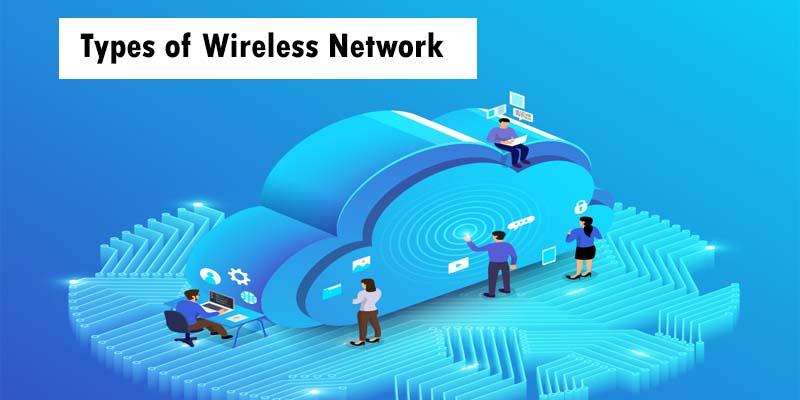How to Protect Your Information When Using Wireless Technology
If you are using wireless technology to access the internet, you are at risk for scam emails. Fraudulent emails attempt to trick you into divulging your personal information. To protect yourself from these scams, keep your wireless devices locked and not in the same location all day. Encrypt all wireless traffic and use mobile data instead of Wi-Fi whenever possible. This will prevent hackers from accessing your personal information. However, it is important to keep your device password-protected to avoid unauthorized access.
Update router’s admin and network passwords
Hackers can use default router admin credentials to log in and steal your information. If you haven’t updated your router’s default password, you’re an easy target. You can find these defaults on your router’s label, the router’s user manual, and the manufacturer’s website. To keep your information secure, change your router’s admin and network passwords as soon as possible. The longer the network name, the more difficult it will be for hackers to guess. Using passphrases or unique passwords can also help. Password generators are an excellent way to generate strong passwords.
First, you need to login as an administrator. The default admin and network passwords are admin and “admin.” You can try to reset your router by pushing the reset button on its back with a pointed object and holding it for about 10 seconds. If you still have trouble logging in, try using the default network and admin passwords to login to the router. If these do not work, try searching online for help.
Encrypt wireless traffic
The wireless industry uses weak or outdated encryption standards for their wireless networks. While WEP/WPA-TKIP is backward compatible, it is prone to compromise, and has a low data rate of 54Mbps. Even more concerning, many businesses don’t update their PSK regularly, which opens the doors to potential vulnerabilities. Here are some tips to keep your wireless network as secure as possible.
End-to-end encryption is the only effective way to protect wireless communications. Strong encryption is used in internet banking. You shouldn’t worry about security when using an unencrypted wireless network for banking. However, unencrypted wired networks can be read by hackers, system administrators, or even other users if they know your passwords. Encrypted wireless networks are more secure, but not entirely foolproof.
Use mobile data instead of Wi-Fi
There are many reasons to use mobile data instead of Wi-Fi. It is better for your privacy and security and most mobile plans limit your data usage. If you’re on an “unlimited” plan, your mobile data connection is often capped, and your data is slower than if you’re on a data-only plan. If you need to use Wi-Fi, however, you may be better off saving your data for secure tasks. Public networks are prone to hacker attacks. You shouldn’t use your banking app on a public Wi-Fi network.
In addition to encryption, mobile data is not as easily vulnerable as Wi-Fi. It’s easy to hack into unsecure Wi-Fi networks, and you may be using a VPN without realizing it. You should also make sure to use two different browsers for your information. Use a secure browser on your data connection, and a standard one on Wi-Fi. While using mobile data will give you greater security, you should still practice good cybersecurity procedures.

